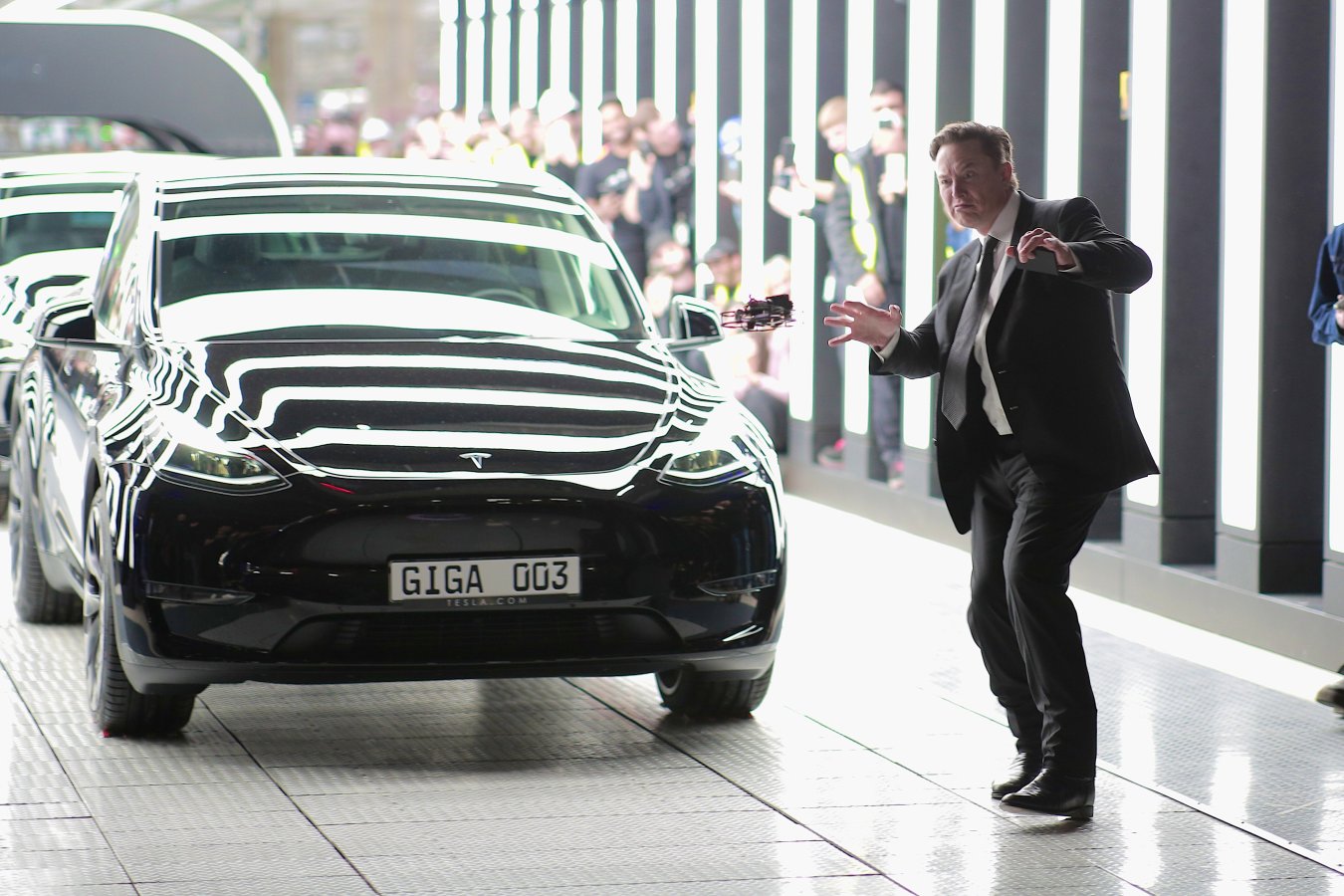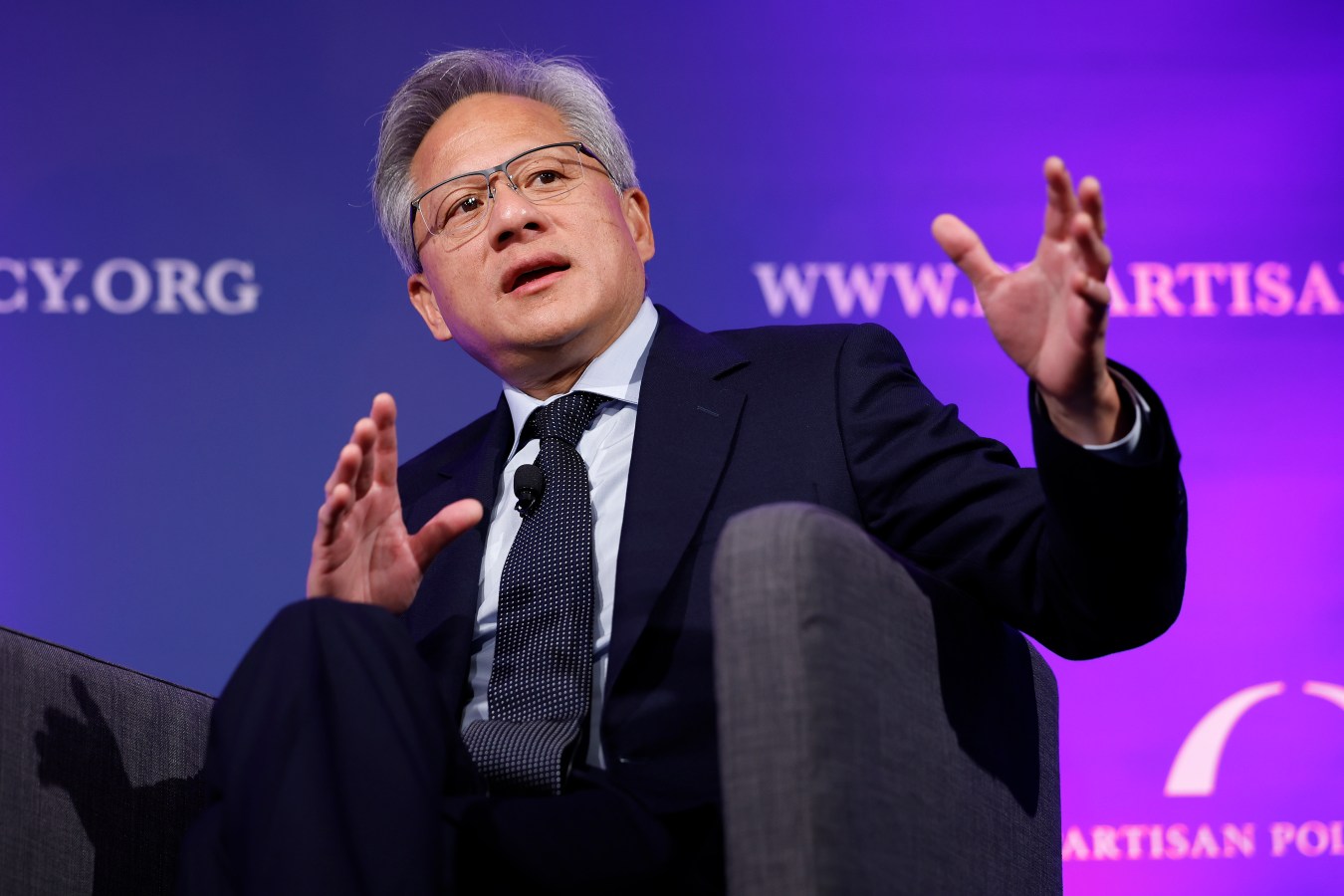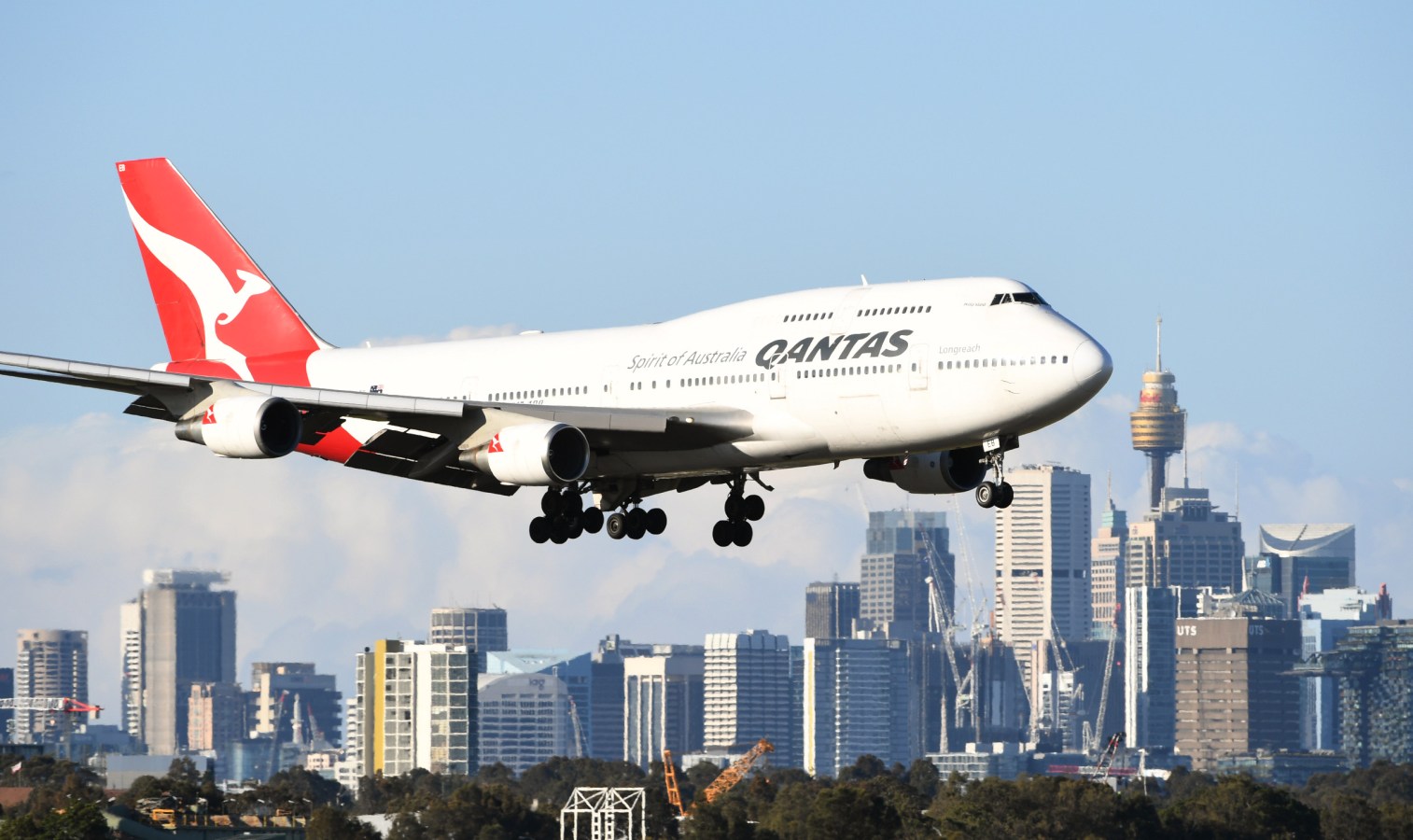The New York Times filed a lawsuit against OpenAI and Microsoft Wednesday over claims of “unlawful use” of “millions” of copyrighted articles to train generative artificial intelligence models alleging “billions of dollars” in damages.

The Times is the first major U.S. news organization to sue OpenAI for copyright infringement. (Photo by Jonathan Torgovnik/Getty Images)
Getty Images
Key Facts
The lawsuit, filed in U.S. District Court in the Southern District of New York, claims OpenAI and Microsoft’s technology that powers ChatGPT and Bing Chat, now called Copilot, “can generate output that recites Times content verbatim, closely summarizes it, and mimics its expressive style.”
The Times claims the AI tools “damage” its “relationship with its readers and deprive The Times of subscription, licensing, advertising, and affiliate revenue,” while the tools have been “extremely lucrative” for OpenAI and Microsoft.
The lawsuit alleges The Times has attempted to negotiate with OpenAI and Microsoft “for months” over the use of its content in part to “help develop GenAI technology in a responsible way that benefits society and supports a well-informed public.”
Although the lawsuit does not name an exact monetary compensation from OpenAI and Microsoft, the Times said the lawsuit “seeks to hold them responsible for the billions of dollars in statutory and actual damages that they owe” for the copyright infringement.
Neither OpenAI nor Microsoft immediately responded to a request for comment.
Key Background
The Times’s lawsuit against the tech companies for copyright infringement follows other lawsuits against OpenAI, Microsoft, and other generative AI companies by authors and creators, including a lawsuit in September by the Authors Guild, which represents major authors such as Jodi Picoult and George R.R. Martin, that accused the ChatGPT creator of unlawfully training the chatbot with their work. In response to the September lawsuit, a spokesperson for OpenAI said the company was “having productive conversations with many creators around the world, including the Authors Guild,” Reuters reported. OpenAI and Microsoft were sued in November in a class action complaint by nonfiction authors which claimed the companies misused their work to train AI models. The complaint alleged OpenAI copied tens of thousands of nonfiction books without the authors’ permission to train its bots to respond to queries.
This post originally appeared on Forbes.com
Look back on the week that was with hand-picked articles from Australia and around the world. Sign up to the Forbes Australia newsletter here or become a member here.


